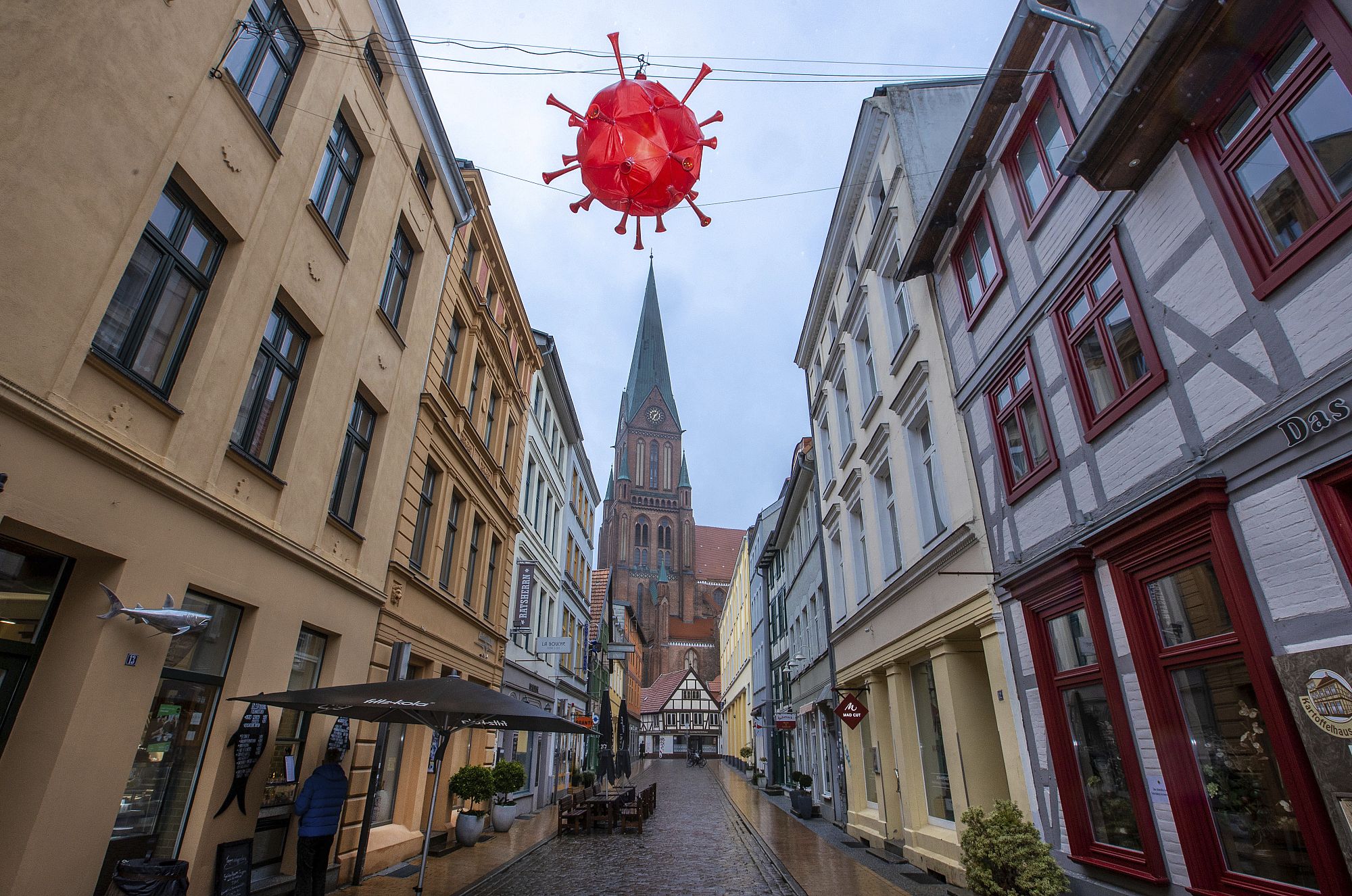Germany recently decided to extend its nationwide lockdown until the end of January and also introduced tougher new restrictions in an effort to curb rising COVID-19 cases.
Chancellor Angela Merkel said in her statement that restricting all forms of contact more strictly is absolutely necessary at present and hence the current measures are justified, even if they are hard. It was also informed that the new measures would be reviewed on January 25.
According to the new rules, non-essential travel for residents of hard-hit areas all over Germany has been restricted for the first time. The movement has been limited to a 15-kilometre (nine-mile) radius in towns and districts where the number of new coronavirus cases is above 200 per 100,000 residents over seven days. Members of any one household is allowed to meet only one other person in public as compared to the current rule under which public gatherings are limited to five people from two households.
People arriving in Germany from high-risk areas will be required to submit two negative test results. A minimum five day quarantine period will be mandated, even if the first test is negative. Shops and restaurants will remain closed until the end of January and schools have also been asked to remain closed, until at least the end of the month, with classes to be held online.
As day care centres will also remain shut, parents will receive an extra 10 days leave to look after children, while single parents will receive an extra 20 days. Employers have been encouraged to allow employees to work from home. Religious events in churches, synagogues and mosques may take place if they follow hygiene rules, but communal singing is not allowed. All other non-essential shops and services also continue to remain closed.
Like many other European countries, Germany is struggling to contain a second wave of the coronavirus outbreak amid growing concerns that hospitals in Germany will struggle to cope if the situation worsen any further. Britain began its third COVID-19 lockdown on Tuesday with citizens under orders to stay at home. Merkel mentioned that the new mutation of the coronavirus first detected in Britain have also increased the need to be more cautious.
Tags: Coronavirus, Covid-19, Germany, Germany tourism
